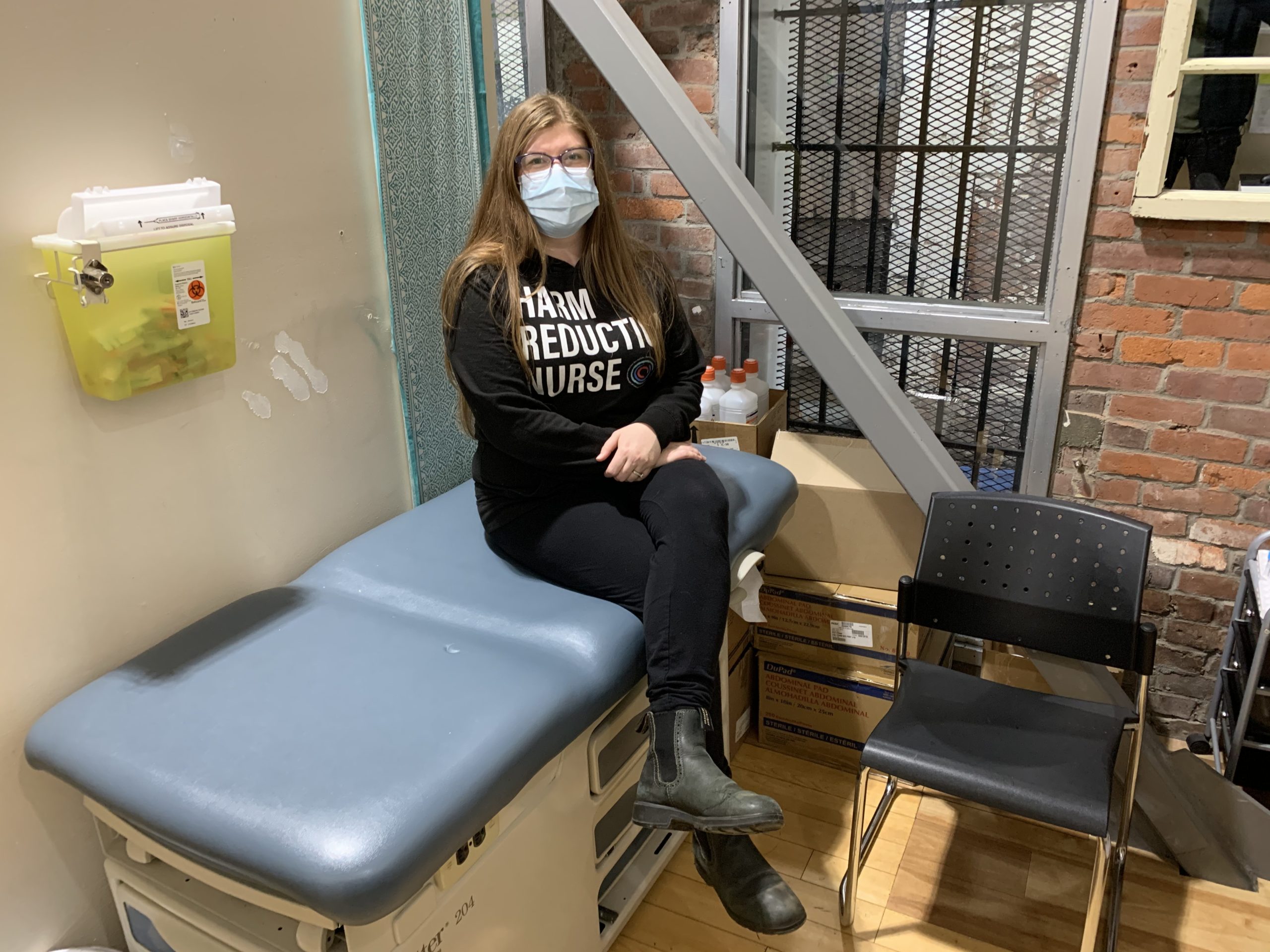Thanks to your support, our Holiday Campaign raised $109,000
Our work continues and more donations are needed to help more people. Please give today
Agonist therapies for opioid use disorder prevent withdrawal and reduce cravings by offering pharmaceutical opioid alternatives to street drugs in a prescribed setting.
People living with opioid use disorder experience serious withdrawal symptoms when their supply is interrupted, including severe pain and nausea. It is unrealistic to expect long-term users to simply quit “cold turkey.”
The aim is to help bring stability to the patient by freeing them from the daily need to procure illegal drugs so they can better manage their medical, legal and personal issues.
Opioid agonist treatment (OAT) is an evidence-based medical option that aims to:
OAT treatments typically involve buprenorphine/naloxone, methadone and slow-release oral morphine. Unfortunately, this doesn’t work for everyone – some report side effects and others continue to feel cravings.
Partners :
Vancouver Coastal Health, Island Health, Ministry of Health
